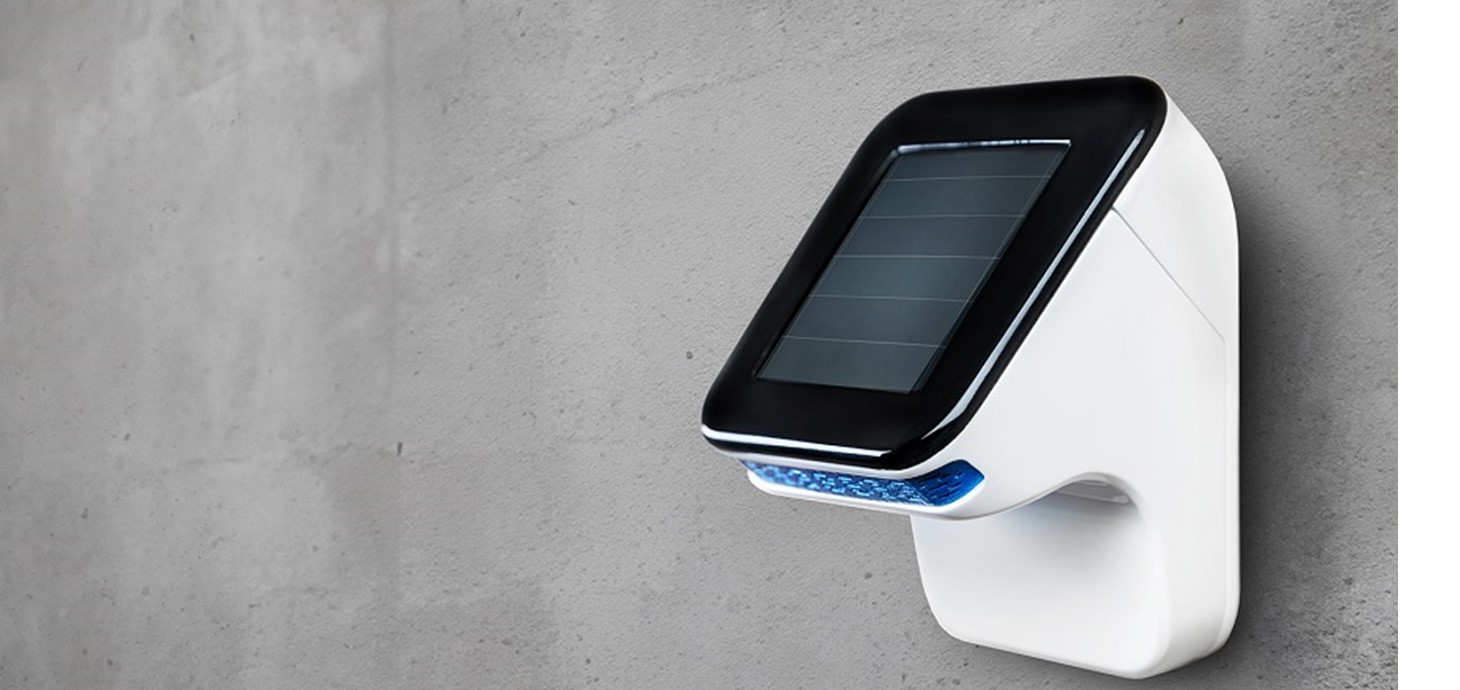2024-11-19 アイルランド・リムリック大学(UL)
<関連情報>
- https://www.ul.ie/news/ul-researchers-develop-new-method-of-generating-eco-friendly-energy
- https://journals.aps.org/prl/abstract/10.1103/PhysRevLett.133.137001
プログラム可能な電気機械的特性を持つ成形固体生体分子集合体 Molded, Solid-State Biomolecular Assemblies with Programmable Electromechanical Properties
Krishna Hari, Tara Ryan, Suman Bhattacharya, and Sarah Guerin
Physical Review Letters Published: 27 September, 2024
DOI:https://doi.org/10.1103/PhysRevLett.133.137001
Abstract
Piezoelectric and ferroelectric technologies are currently dominated by perovskite-based ceramics, not only due to their impressive figures of merit, but due to their versatility in size and shape. This allows the dimensions of, for example, lead zirconium titanate and potassium sodium niobate, to be tailored to the needs of thousands of applications across the automotive, medical device, and consumer electronics industries. In this Letter, we significantly advance the performance and customization of biomolecular crystal (nontoxic, biocompatible amino acids, viz., trans-4-hydroxy-L-proline, L-alanine, hydrates of L-arginine and L-asparagine, and -glycine) assemblies by growing them as molded, substrate-free piezoelectric elements. This methodology allows for electromechanical properties to be embedded in these assemblies by fine-tuning the chemistry of the biomolecules and thus the functional properties of the single crystal space group. Here, we report the piezoelectric, mechanical, thermal, and structural properties of these amino acid-based polycrystalline actuators. This versatile, low-cost, low-temperature growth method opens up the path to phase in biomolecular piezoelectrics as high-performance, eco-friendly alternatives to ceramics.




